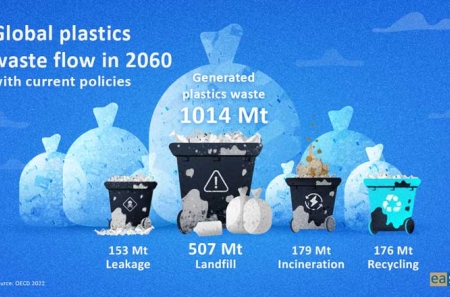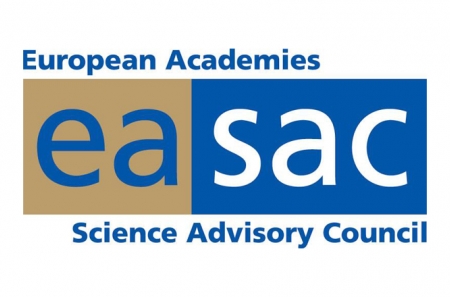
Genome Editing: Scientific Opportunities, Public Interests and Policy Options in the European Union
23 March 2017Downloads
New EASAC report on genome editing advises European policy-makers on how to approach groundbreaking research on plants, animals, microbes and humans.
A new report by the European Academies Science Advisory Council (EASAC) on genome editing gives advice to European policy-makers on groundbreaking research involving genome editing and plants, animals, microbes and patients. Professor Bert Rima, MRIA, who is a world leading expert in virology and molecular biology at Queen's University Belfast, was the Royal Irish Academy's nominee to the project group which prepared this report.
In this report EASAC emphasises that policy makers must ensure that the regulation of applications is evidence-based, takes into account likely benefits as well as hypothetical risks, and is proportionate and sufficiently flexible to cope with future advances in science.
This report addresses several areas in which genome editing occurs, including, plants, animals, micro-organisms, human cell genome editing as well as gene drive applications for vector control.
This report makes recommendations regarding cross-cutting issues, including engaging with the public. The report particularly urges the policy community, as well as scientists, to continue their efforts to promote public engagement with important research advances in this area and their societal implications.



